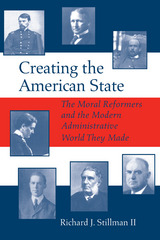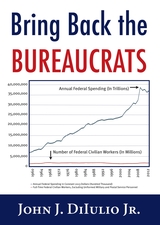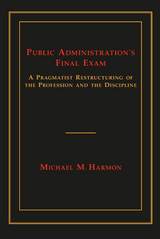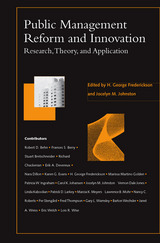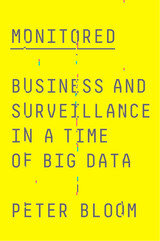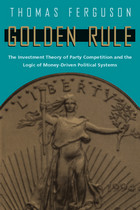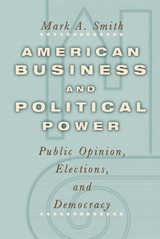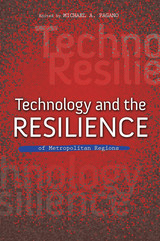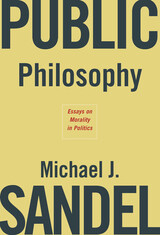Cloth: 978-0-674-08611-1 | Paper: 978-0-674-08612-8
Library of Congress Classification JK421.Y37 1982
Dewey Decimal Classification 353.01
Although everyone agrees on the need to make government work better, few understand public bureaucracy sufficiently well to offer useful suggestions, either theoretical or practical. In fact, some consider bureaucratic efficiency incompatible with democratic government.
Douglas Yates places the often competing aims of efficiency and democracy in historical perspective and then presents a unique and systematic theory of the politics of bureaucracy, which he illustrates with examples from recent history and from empirical research. He argues that the United States operates under a system of “bureaucratic democracy,” in which governmental decisions increasingly are made in bureaucratic settings, out of the public eye. He describes the rational, self-interested bureaucrat as a “minimaxer,” who inches forward inconspicuously, gradually accumulating larger budgets and greater power, in an atmosphere of segmented pluralism, of conflict and competition, of silent politics.
To make the policy process more competitive, democratic, and open, Yates calls for strategic debate among policymakers and bureaucrats and insists that bureaucrats should give a public accounting of their significant decisions rather than bury them in incremental changes. He offers concrete proposals, applicable to federal, state, and local governments, for simplifying the now-chaotic bureaucratic policymaking system and at the same time bolstering representation and openness.
This is a book for all political scientists, policymakers, government officials, and concerned citizens. It may well become a classic statement on the workings of public bureaucracy.
See other books on: Bureaucracy | Democracy | Efficiency | Search for | Yates, Douglas
See other titles from Harvard University Press


